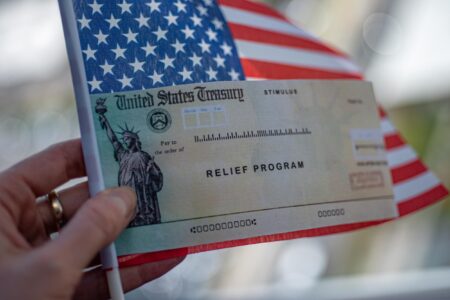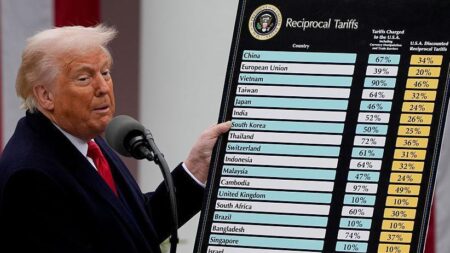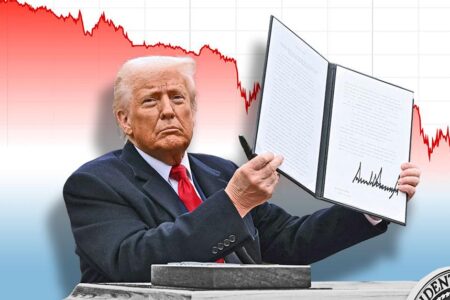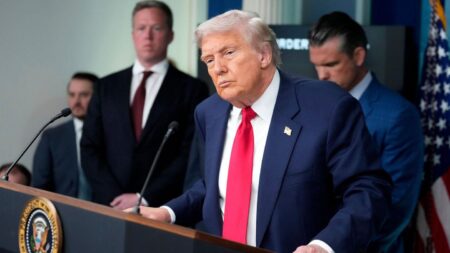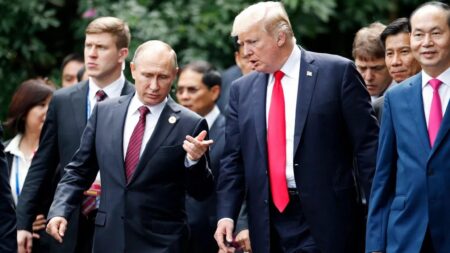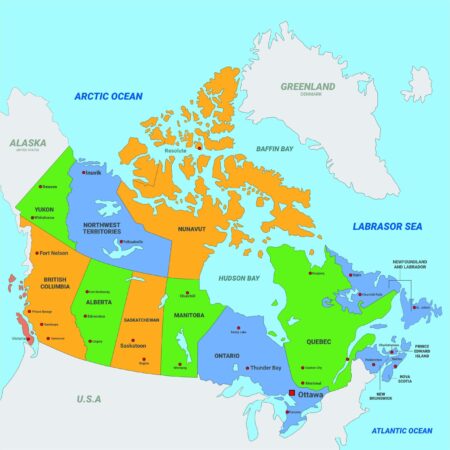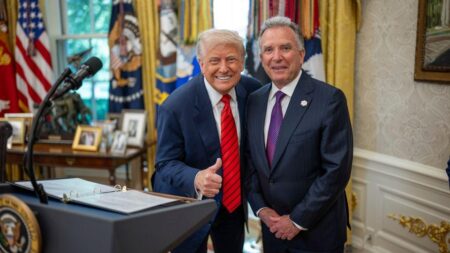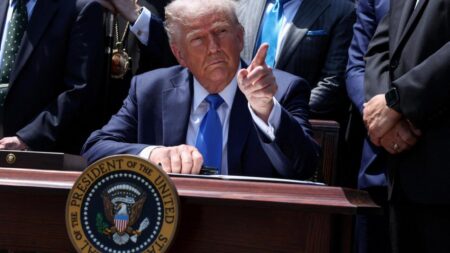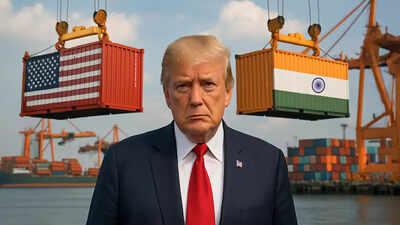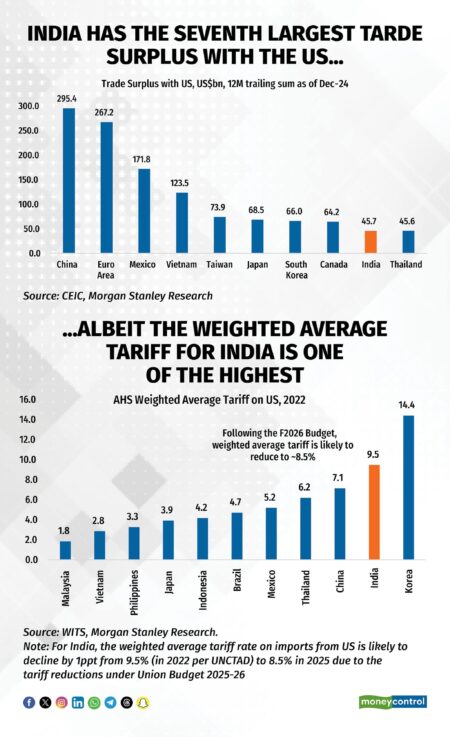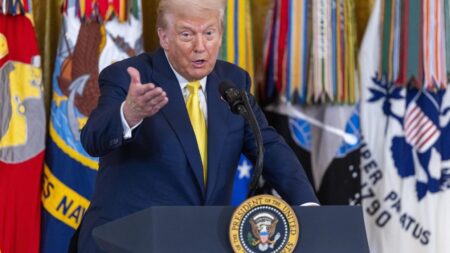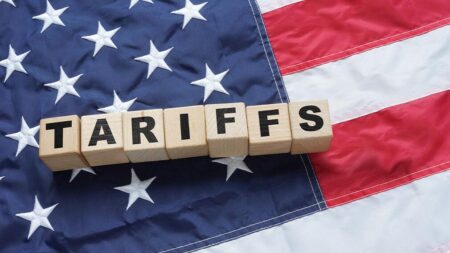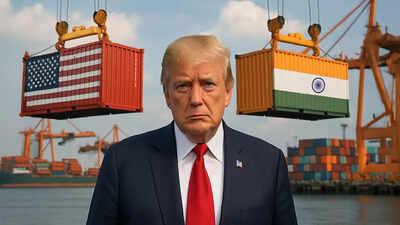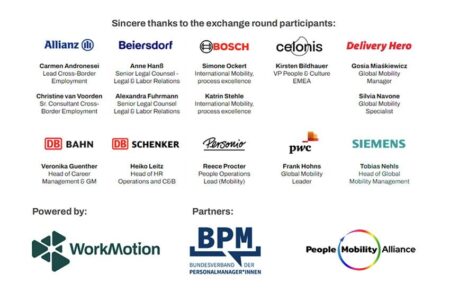Former President Trump’s proposal for a tariff rebate as a stimulus boost faces slim chances of becoming reality, putting the future of new direct payments in question. Meanwhile, lawmakers remain cautious as economic challenges continue to unfold
Browsing: trade policy
Trump’s tariffs have intensified economic challenges for Canada, igniting a renewed drive to tackle the country’s growing money laundering crisis. Authorities are now under increased pressure to strengthen financial regulations, reports The Hill
Former President Donald Trump fiercely criticized U.S. tariffs on India related to Russian oil imports, calling them a “big blow” to Moscow. He highlighted how these actions are significantly hurting Russia’s economy and promised to enforce even harsher penalties if necessary
Trump’s economic policies targeting India have strained bilateral ties, inadvertently strengthening China’s grip on the region. Experts warn that these trade disputes may perfectly align with Beijing’s broader strategic ambitions in Asia
The upcoming Trump-Putin summit is grabbing global headlines as tensions soar to new heights. Meanwhile, fresh U.S. tariffs on India spotlight a transforming trade landscape, unveiling the evolving dynamics of international alliances
A recent report highlights Canada’s exciting potential as a leading trade winner, showing that U.S. tariffs on Canadian goods are significantly lower than those faced by other global competitors. This edge could turbocharge Canadian exports and ignite strong economic growth
A beloved local coffee shop is gearing up for price increases as new tariffs on Brazilian imports take effect. These rising costs are expected to send shockwaves nationwide, affecting coffee prices for both businesses and customers alike
Japan has urged the US to dramatically cut auto tariffs and demanded transparent answers on other trade levies, Reuters reports. This bold stance highlights escalating tensions as both nations face crucial economic negotiations
Donald Trump’s tariffs on Brazil, hailed as bold economic moves, have barely made a dent. Experts reveal these trade measures are largely symbolic, causing only small waves in Brazil’s exports and trade relationships
Japan has revised its economic growth forecast downward, citing the ripple effects of US tariffs and a slowdown in domestic spending, Reuters reports. This update underscores the ongoing trade tensions and fading consumer confidence that continue to challenge the economy
Former President Trump’s politically charged sanctions against Brazil have ignited tensions between these longtime allies, straining diplomatic ties and raising serious questions about the future of their collaboration, according to AP News
The US imposed tariffs on Chinese goods, aiming to curb Beijing’s trade strategies. However, China’s booming economy and expanding global influence revealed the limits of American pressure, underscoring a complex and shifting power struggle
On the eve of new U.S. tariffs, Brazilian beef exports soared to an all-time high in July, showcasing strong global demand despite looming trade restrictions, Reuters reports
US India Tariff LIVE Updates: As Trump’s tariffs take effect, the US economy is beginning to feel the pressure, sending ripples through global trade. Stay tuned for real-time updates on this developing economic saga!
The New York Times reports that President Trump is poised to double tariffs on India to a staggering 50%, escalating tensions in response to India’s continued purchases of Russian oil and deepening trade conflicts between the two nations
A Tuscan olive oil startup, thriving in the U.S. market, now confronts new challenges as Trump’s tariffs push import costs higher. These duties threaten their growth, highlighting the broader trade tensions squeezing small exporters
Exclusive: GM is gearing up to import electric vehicle batteries from China’s CATL, boldly sidestepping current tariffs as it races to lock in crucial supplies amid skyrocketing demand for EVs, reports The Wall Street Journal
The USA has officially launched new tariffs on select imports starting today, intensifying efforts to protect domestic industries amid rising trade tensions. Markets and global trade partners are eagerly watching to see how this bold move will reshape the global trade landscape
The US has recently imposed a hefty 50% tariff on Indian goods, all while maintaining zero tariffs for the EU – even as Europe continues to purchase Russian oil. Critics are blasting Washington for blatant hypocrisy amid escalating geopolitical tensions. (NDTV)
Nearly 60% of German companies anticipate that the proposed EU-US trade deal will intensify their operational challenges, according to a DIHK survey reported by Reuters. Businesses express growing concerns over increasing regulatory costs and tougher barriers to market access

